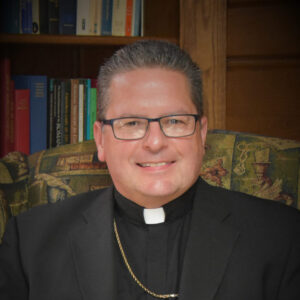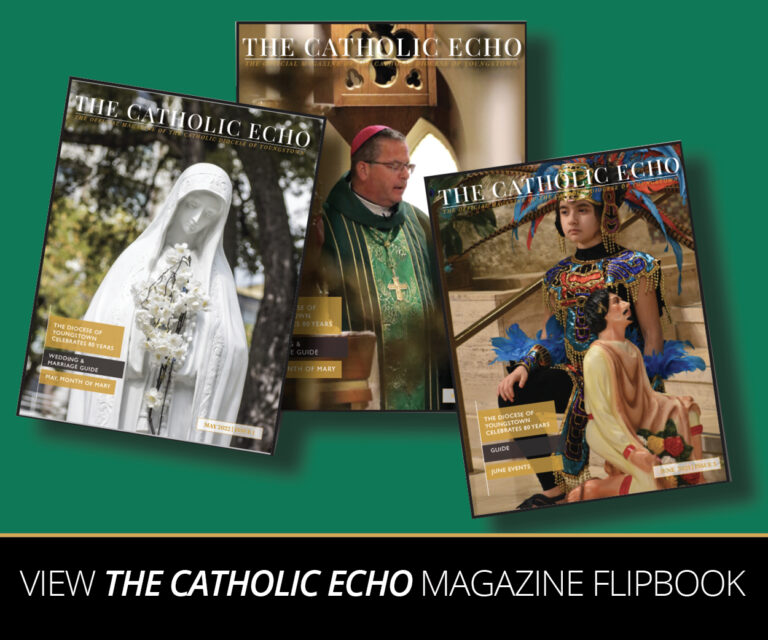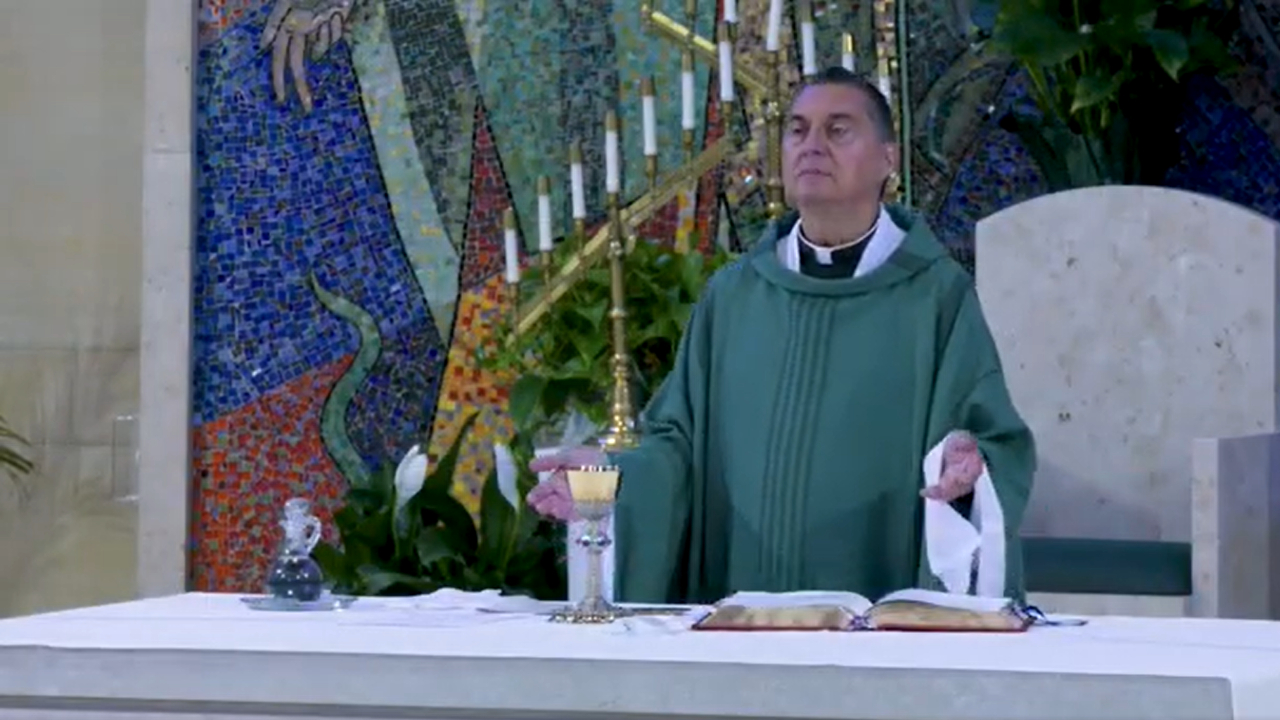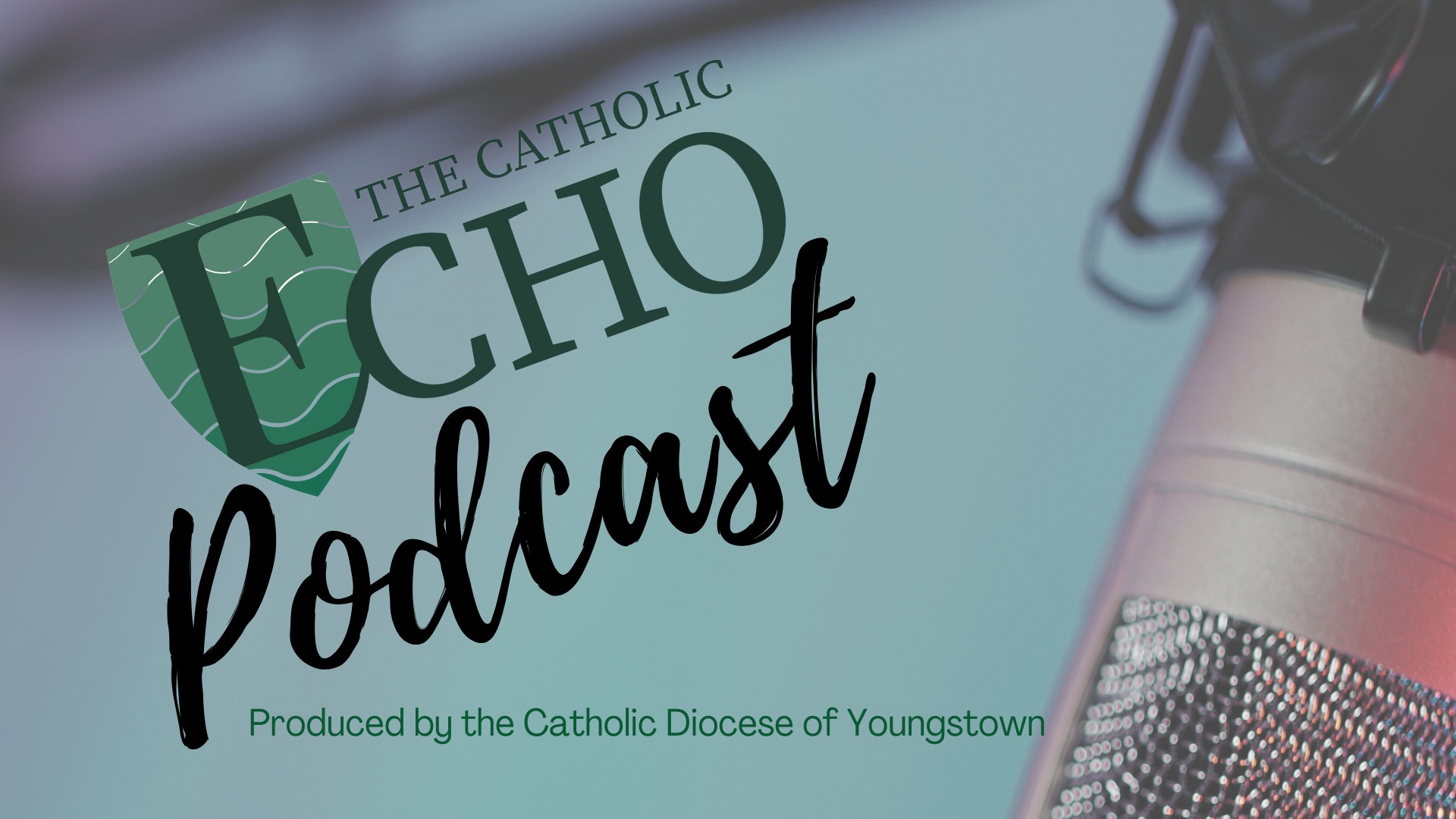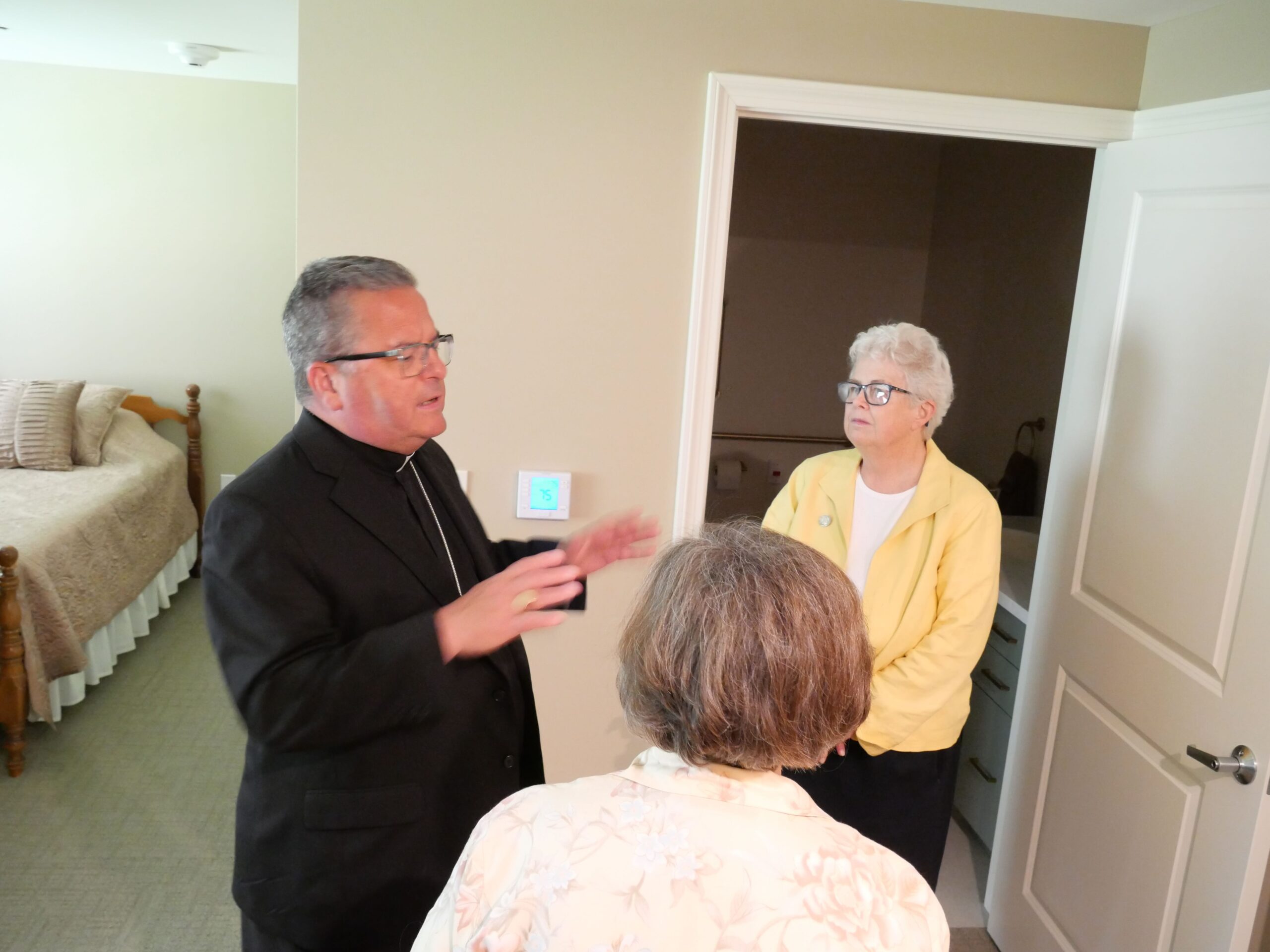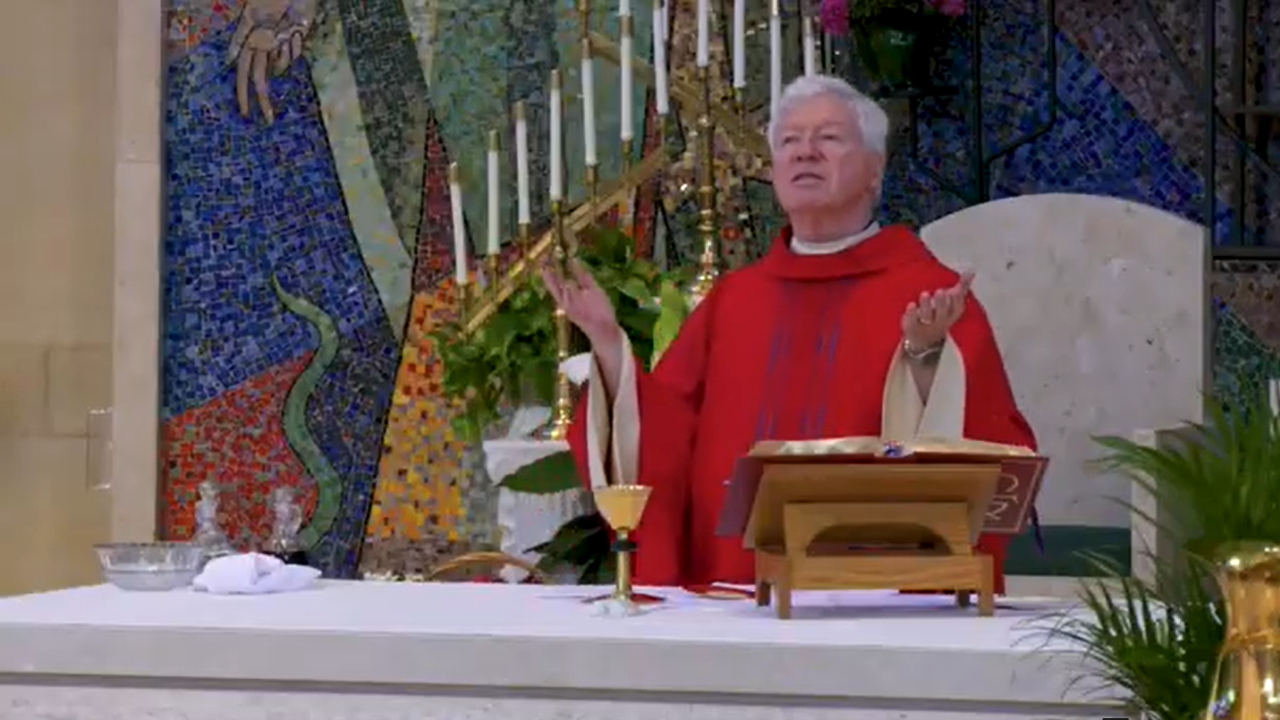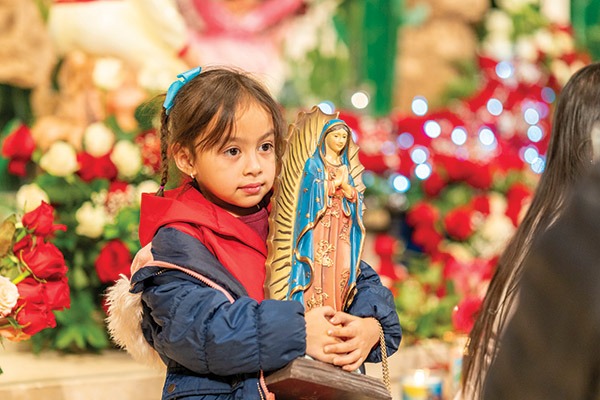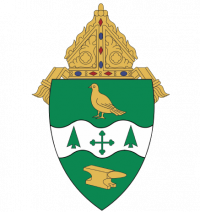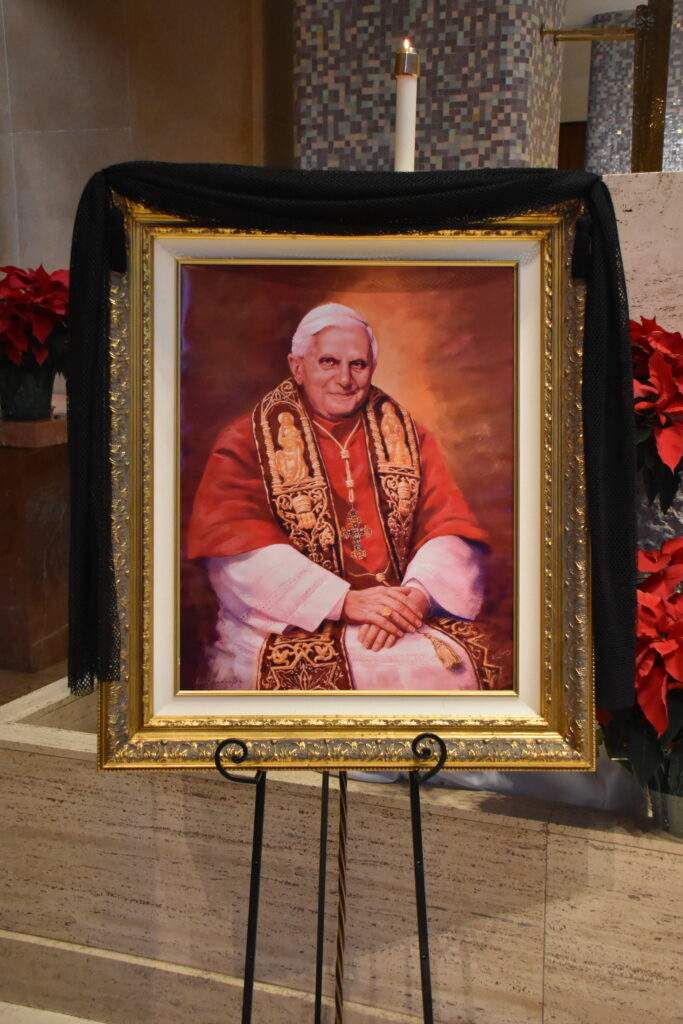
Upon hearing of the death of Pope Emeritus Benedict XVI, I found myself drawn to praying the Office for the Dead. The antiphon for the Invitatory Psalm states, “Come, let us worship the Lord, all things live for him.” In looking back at the life of this humble servant, it is evident that this man born and baptized in Bavaria on the same day lived for Jesus and truly loved the Church.
As Catholics, it is our custom to pray for the dead. Even after their funeral liturgy is celebrated and they are properly interred, we never stop praying for their eternal rest and happiness. Every time we celebrate the holy Mass, we remember and pray for our beloved dead. As priests, it is our fraternal practice to consult the necrology and pray accordingly. It is certainly so poignant that in these days following the death of this great theologian and churchman that the whole world is praying for Pope Emeritus Benedict.
But there is something else that is happening that yields much comfort and consolation amid the loss of such an ecclesial giant. People are telling the story of Joseph Ratzinger. Moments after his death was announced, the internet lit up with features on this man who, at the age of 85, stunned the world with the announcement of his retirement so that he could properly prepare for what he called “the last stage of his pilgrimage on this Earth.”
Admittedly, it is hard to fully capture the story of someone who pursued the priesthood at the age of 12 and lived 95 years in the space of 700 words let alone a eulogy or soundbite. Suffice it to say, Pope Emeritus Benedict had a far reach with a huge impact using his God-given mind and ecclesial office to promote the truth.
I am always fascinated by the mottos that men chosen for the office of bishop choose. In a certain sense, the phrase or quote that they choose becomes a mission statement by which they live. In the case of Pope Emeritus Benedict, he chose as his episcopal motto, “Cooperators of the Truth.” Pope Benedict’s whole life and ministry were all about promoting the truth. Of this truth, he once said, “Truth is not determined by a majority vote.” The former pontiff would also say, “The human person finds his perfection in seeking and loving what is true and good.”
As a person, Pope Benedict was often perceived as shy, introverted and even backward; however, when it came to proclaiming the truth and pursuing that which is “true and good,” this holy man was bold and unrelenting. To that end, he traveled to the far corners of the world, met with religious and world leaders, engaged the youth, wrote extensively, started a Vatican YouTube channel and became the first pope to post on Twitter.
Pope Benedict as a teenager was convicted by the truth of his calling to the priesthood, so much so that he deserted the army to rejoin the seminary. His eyes were always fixed on following Christ as “the way, the truth and the life” (Jn 14:6). The foundation of his life and ministry was rooted in a relationship with Jesus Christ lived out in prayer.
The death of anyone is always an opportune time for personal reflection and inspiration. As we behold the images of the saints emblazoned on the stained-glass windows of our churches and draw strength and grace, we can have a similar experience when we pause to behold the life and legacy of our beloved dead. What can we take away from the life and ministry of Pope Emeritus Benedict to make us more committed and alive in our own ministry? That is, no doubt, a question for all of us to take to prayer.
As I address this question in my own prayer, I am humbled by this man’s humble service and passionate intentionality to the truth centered in a fervent prayer life that obviously engendered many graces, not the least of which was trust to speak and live the truth of the Gospel with confidence. Thank you, Pope Emeritus Benedict, for your unabashed love for Jesus and his Church. You truly lived for Jesus and the truth. You present us with a path to follow and an example to embrace. Rest in peace!
This week’s column from Bishop Bonnar originally appeared in the January issue of The Priest Magazine, where Bishop Bonnar serves as editor. Reprinted with permission from The Priest Magazine and Our Sunday Visitor.
